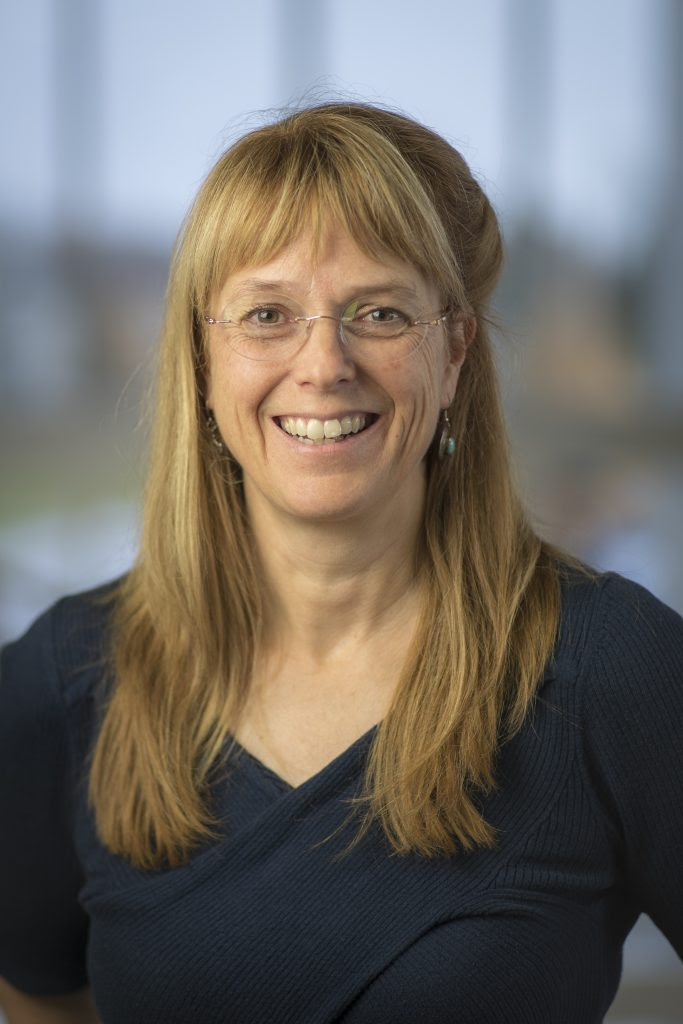Science for Alaska Lecture Series: Alaska Satellite Facility
Date: March 8, 2022
Time: 7 p.m.
Location: Virtual
The UAF Geophysical Institute presents the virtual 2022 Science for Alaska Lecture Series. On Tuesday, March 8, at 7 p.m., Vice Chancellor for Research Nettie La Belle-Hamer will present, “Alaska Satellite Facility: Dishing it out for 30 years.” Her talk will conclude the 30th season of the free public lecture series.
Registration closed to watch on Zoom or watch live from the UAF or GI Facebook pages.

Nettie La Belle-Hamer
The Alaska Satellite Facility began downlinking synthetic aperture radar data in 1991 and became one of the eight original Distributed Active Archive Centers created in 1994 by NASA’s Earth Science Data and Information System at Goddard Space Flight Center. Since that time, Distributed Active Archive Centers have grown in number and complexity. With only 10 minutes a day of planned data downlinks in 1991, the current SAR data holdings at ASF exceed 10 petabytes and are growing.
The science community’s thirst for data is ever-growing, and technologies rapidly evolve to quench that thirst. At ASF, paradigm shifts occurred when data became big data and on-premises became cloud-based technologies. Through these technology shifts ASF is required to continue to serve data to the user community. With the need to remain operational while evolving, findable, accessible, interoperable and reusable data becomes even more challenging on this scale.
In this talk, La Belle-Hamer will explore some of the lessons learned by ASF over the more than two decades of serving science data to the community while allowing the systems to evolve. What worked, what didn’t, and what ASF sees coming.
La Belle-Hamer served as Alaska Satellite Facility director from 2002 until earlier this year when she was named UAF’s vice chancellor for research. She had been interim vice chancellor since May 2020. Under her leadership ,the satellite facility grew into a highly successful program providing remote-sensing data access. She brings the same passion for science and the faculty, staff, and students engaged in research to her new role as UAF vice chancellor.
Visit the Science for Alaska website for recordings of past talks and learn about exciting science from Arctic Ocean exploration, retreating coastal glaciers, DNA mystery solving, benefits of GPS, the workings of the Alaska Satellite Facility and more.
For more information, visit the Science for Alaska website or the Facebook event page. Talks are free and for the public. All ages are encouraged to attend
Science for Alaska is sponsored by the Triplehorn family, Lifewater Engineering Company, Alaska EPSCoR, and the UAF Geophysical Institute.


